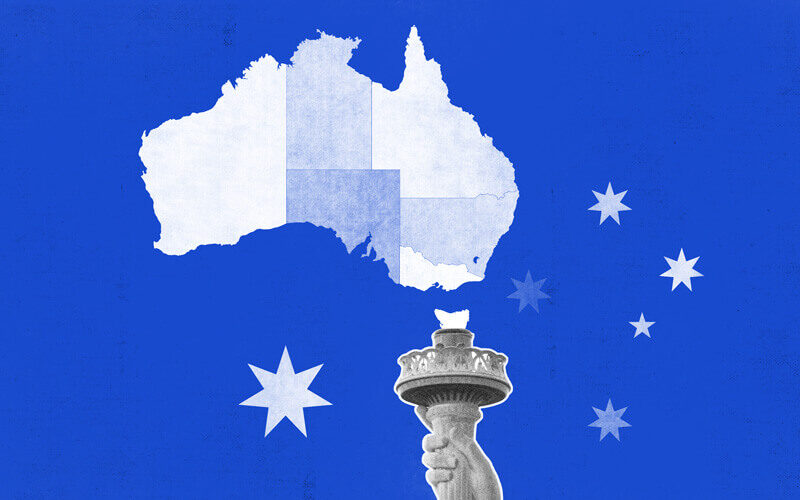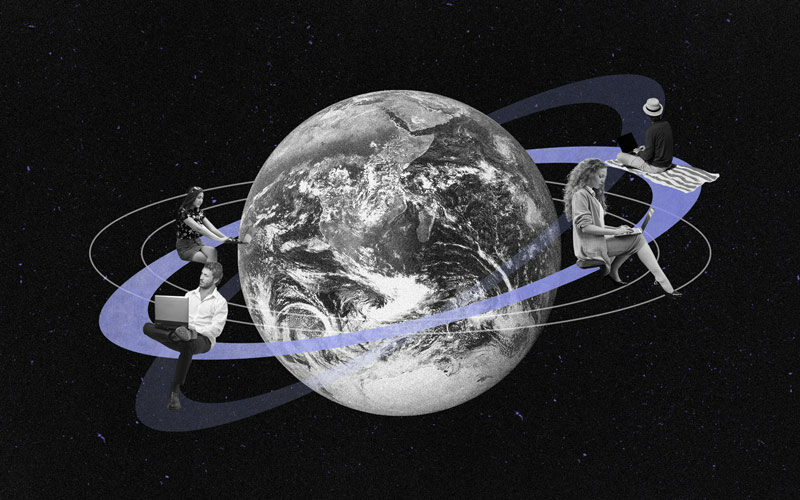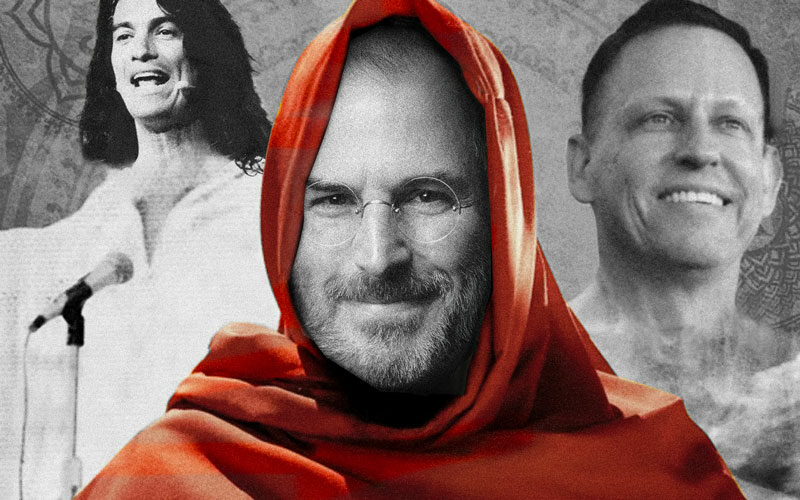257 out of the 1000 most profitable startup cities are on American soil. That means the United States is home to more than a quarter of the most successful startup cities in the world.
At number 8, Australia is trailing behind America’s number 1 global ranking for start-up success.
The 2022 startup ecosystem report highlights an alarming trend – instead of making progress, we’re backsliding. Globally, we were at Number 7 in 2020. In terms of cities, Sydney slipped from 31st to 36th, and Brisbane actually dropped out of the top 100.
But we do have a few things going for us.
- Australia is home to some of the best universities and therefore talent pipelines in the world.
- Compared to bear pits like Wall Street and Silicon Valley, competition from other startups is less vicious.
- The government is making progress on funding and tax relief for startups, incentivising female business founders, and facilitating stronger knowledge commercialisation. Shout out to the R&D tax incentive which effectively subsidises your developer salaries by nearly 50%.
But there are also a fair few reasons why it sucks.
- The local VC environment is lagging. In America you can’t move for VC firms. As we touched upon in this article, Australia is ranked at number 40 out of 137 countries for VC availability. Australian investors are fewer in number, less experienced, and more risk averse. They tend only to be interested in startups with a global domination plan (or at least a US domination plan) and many homegrown startups are simply not scalable in that way.
- Employees are expensive. Australia has the 14th highest cost of living in the world while the US and the UK sit at 26th and 27th respectively. Good talent is expensive, and startups are having to come up with the funds (with that said, your Aussie devs and digital marketers will still be cheaper than San Fransciscans, and less likely to ditch you for someone else after 3 months).
- The customer base is smaller. Australia has roughly 26 million residents, a small market compared to America’s population of around 330 million. The nation just doesn’t have the buying power, and you could argue speculatively we’re not quite so consumer-goods crazy as our friends in the States. Naturally, this also translates to fewer distribution channels.
The stark differences between American and Australian startup scenes are not just empirical.
Free market capitalism is hard baked into the American psyche. The American presumption that you can try and fail and try again – start over and over until you find the success that is your God-given right – is a self-fulfilling prophecy. A country filled with citizens of this mindset – and one that for this reason is dazzlingly attractive to enterprising foreign immigrants – will always keep driving forward.
Australians don’t seem to share that optimism. Or perhaps we do, it’s just that we still find failure an embarrassment rather than a badge of honour. The pitfalls outweigh the potential, and so we hesitate to try.
Is it all in the mind?
Risk aversion isn’t limited to would-be investors.
A study from the United States Studies Centre at the University of Sydney showed that almost half of Australian entrepreneurs don’t act on good opportunities when they spot them due to fear of failure. Only one third of Americans shared that sentiment.
… or maybe the location
In the same study, 46% of Australian entrepreneurs felt they regularly saw good opportunities for starting a business in their local areas, compared to 67% of Americans. It’s no wonder the land down under struggles to compete with the land of opportunity.
It’s not too difficult to intuit why this might be. We made our fortunes by digging stuff out of the ground. We’re no Israel, whose dearth of natural resources meant building a world-leading economy on sheer intellect and innovation.
We’ve enjoyed nearly 3 decades of uninterrupted economic growth. We have a robust welfare system. Life hasn’t been too bad.
But natural resources won’t keep us going forever. It’s time to start taking risks, and using the considerable brainpower at our disposal.
How can Aussie startups do better on the global stage?
In the words of an ex-Google, ex-Apple, American expat:
“We have a bit of an old mindset in Australia. We tend to think in terms of, ‘OK, we have to get a quarter of an acre block, we have to patent a new idea, and we have to be safe’… in reality, it’s about taking a risk, being radical, getting your idea out there, talking about it and making it happen.”
By huge contrast, startup world-leader Israel has a much bolder, more permissive culture. Speaking plainly, bringing in new perspectives, and asking for direct favours are acceptable. But that’s made easier when you have state of the art innovation parks and incubators, and a government that dedicates 4.95% of GDP to new enterprise, and that has reduced corp tax for tech companies from 25% to a maximum of 12%.
We as founders have little power to influence our government to be more like Israel’s. But we can try to adopt and benefit from a global mindset like our fellow Israeli and American founders.
The mindset shift Australian founders must make
Being the 9th most successful country in the world for startups is nothing to shake a stick at. We are bursting with potential and we have already proven we’re top 10 material at the very least. But there are some hard truths Aussie founders may need to accept to start pushing us up those rankings.
The Aussie market is too small to be standalone. The unique salt-of-the-earth personality of Australia often leaders founders to follow a sense of homegrown pride. ‘Made by Australians, for Australians’ is an attractive tagline. But we just don’t have the consumer numbers to build world-dominating companies. The handful of unicorns we’ve created are exceptions, not rules.
If you can’t beat ‘em, join ‘em. The truth is America has one of the largest and most voracious consumer bases in the world. Selling to them blows your potential market wide open and baking in a global strategy from the get-go endears you to both local and global investors. But it doesn’t have to be Stateside sojourn. Europe, Dubai, and the Asia-Pacific regions all encompass wealthy and motivated markets. Don’t think ‘should I expand globally?’, think ‘where should I expand globally?’.
Straddle the markets. The ‘Two Office Strategy’ entails running concurrent offices in Australia and the US. The American office can be anything from a PO box to the global face of the company, while in a best-of-both-worlds scenario, the Australian office capitalises on cheaper commercial space for warehousing, development, and R&D.
Keep company culture intact. All moves towards global domination must rest on a cohesive company culture. As you take on locals across international offices, make your expectations and corporate codes of conduct clear. Taking on local C-suites and even board members can be dramatically helpful in understanding and integrating local working culture and local customer behaviour. Have a strategy for how you’ll manage time zones, internal brand comms, meetings, and remote work.
Australia is a fiercely independent country. And many of us – despite being just as enterprising and innovation-minded – don’t identify with stereotypical Converse-wearing, Tesla-driving, unicorn-or-bust Silicon Valley founders. Some of us just want to make good products for good people and make enough money to sell up or start something new.
But going global from the get-go may be the best defence against us sliding further down that startup ecosystem ranking.
An aversion to building flashy cash-printing tech co’s doesn’t mean we can’t be better at embracing global culture. As is usually the case in business and in life, it’s better than toughing it out on our own.











